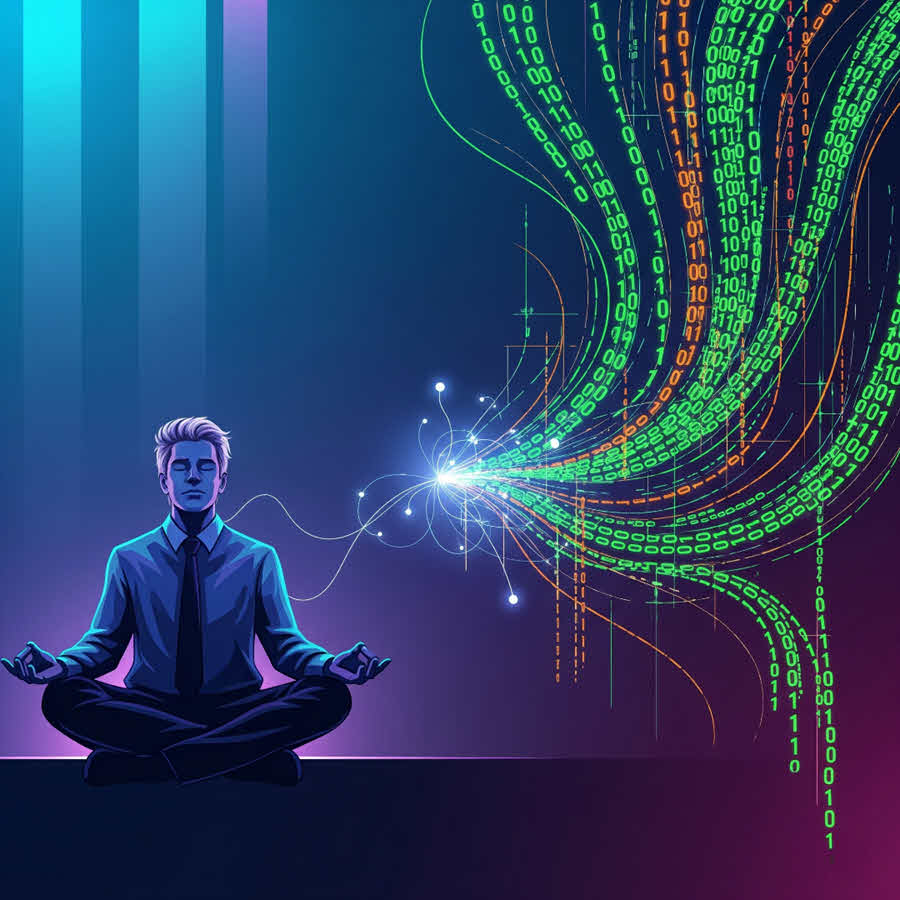
What Programmers Can Learn from Buddhist Philosophy?
Last updated: August 04, 2025 Read in fullscreen view
- 05 Oct 2025
 The New Facebook Algorithm: A Paradigm Shift in Content Discovery 66/109
The New Facebook Algorithm: A Paradigm Shift in Content Discovery 66/109 - 10 Apr 2022
 Agile self-organizing teams: What are they? How do they work? 51/535
Agile self-organizing teams: What are they? How do they work? 51/535 - 18 Oct 2020
 How to use the "Knowns" and "Unknowns" technique to manage assumptions 37/1088
How to use the "Knowns" and "Unknowns" technique to manage assumptions 37/1088 - 03 Oct 2025
 Top CMS Trends 2026: The Future of Digital Content Management 36/54
Top CMS Trends 2026: The Future of Digital Content Management 36/54 - 20 Dec 2025
 The Future of IT Consulting: Key Trends for 2026–2030 35/67
The Future of IT Consulting: Key Trends for 2026–2030 35/67 - 21 May 2022
 "Fail Fast, Fail Often, Fail Forward" is the answer to Agile practices of software success 34/1027
"Fail Fast, Fail Often, Fail Forward" is the answer to Agile practices of software success 34/1027 - 27 Oct 2020
 8 principles of Agile Testing 31/1309
8 principles of Agile Testing 31/1309 - 03 Nov 2023
 Why Is Billable Viable Product An Alternative To Minimum Viable Product? 31/200
Why Is Billable Viable Product An Alternative To Minimum Viable Product? 31/200 - 10 Sep 2024
 Leading Remote Teams in Hybrid Work Environments 27/160
Leading Remote Teams in Hybrid Work Environments 27/160 - 05 Feb 2024
 Ego and Attachment: Simplify Your Life Today 26/275
Ego and Attachment: Simplify Your Life Today 26/275 - 01 Oct 2020
 Fail fast, learn faster with Agile methodology 24/1047
Fail fast, learn faster with Agile methodology 24/1047 - 14 Oct 2021
 Advantages and Disadvantages of Time and Material Contract (T&M) 22/864
Advantages and Disadvantages of Time and Material Contract (T&M) 22/864 - 11 Oct 2022
 Why choose Billable Viable Product (BVP) over Minimum Viable Product (MVP) 22/361
Why choose Billable Viable Product (BVP) over Minimum Viable Product (MVP) 22/361 - 21 Sep 2023
 Abraham Wald and the Missing Bullet Holes 22/666
Abraham Wald and the Missing Bullet Holes 22/666 - 31 Dec 2025
 10 Skills to Make You "Irreplaceable" in the Next 3 Years (even if AI changes everything) 22/34
10 Skills to Make You "Irreplaceable" in the Next 3 Years (even if AI changes everything) 22/34 - 18 Aug 2022
 What are the consequences of poor requirements with software development projects? 20/274
What are the consequences of poor requirements with software development projects? 20/274 - 19 Jul 2022
 The 12 Principles of Continuous Process Improvement 20/527
The 12 Principles of Continuous Process Improvement 20/527 - 12 Oct 2020
 The Agile Manifesto - Principle #8 20/496
The Agile Manifesto - Principle #8 20/496 - 13 Dec 2020
 Move fast, fail fast, fail-safe 20/323
Move fast, fail fast, fail-safe 20/323 - 06 Feb 2021
 Why fail fast and learn fast? 19/450
Why fail fast and learn fast? 19/450 - 14 Aug 2025
 How to Do Charity Without Legal Trouble, Social Backlash, or Negative Karma 19/54
How to Do Charity Without Legal Trouble, Social Backlash, or Negative Karma 19/54 - 23 Jun 2025
 AI Avatars in the Metaverse: How Digital Beings Are Redefining Identity and Social Interaction 18/125
AI Avatars in the Metaverse: How Digital Beings Are Redefining Identity and Social Interaction 18/125 - 21 Dec 2023
 Top 12 Low-Code Platforms To Use in 2024 18/1248
Top 12 Low-Code Platforms To Use in 2024 18/1248 - 03 Jul 2022
 Manifesto for Agile Software Development 18/276
Manifesto for Agile Software Development 18/276 - 18 Aug 2024
 The Future of Web Development: Emerging Trends and Technologies Every Developer Should Know 17/201
The Future of Web Development: Emerging Trends and Technologies Every Developer Should Know 17/201 - 23 Sep 2021
 INFOGRAPHIC: Top 9 Software Outsourcing Mistakes 17/439
INFOGRAPHIC: Top 9 Software Outsourcing Mistakes 17/439 - 10 Nov 2022
 Poor Code Indicators and How to Improve Your Code? 16/231
Poor Code Indicators and How to Improve Your Code? 16/231 - 22 Nov 2024
 The Role of AI in Enhancing Business Efficiency and Decision-Making 16/195
The Role of AI in Enhancing Business Efficiency and Decision-Making 16/195 - 01 Mar 2023
 Bug Prioritization - What are the 5 levels of priority? 16/234
Bug Prioritization - What are the 5 levels of priority? 16/234 - 20 Feb 2025
 How Machine Learning is Shaping the Future of Digital Advertising 16/123
How Machine Learning is Shaping the Future of Digital Advertising 16/123 - 02 Dec 2024
 The Intersection of AI and Business Analytics: Key Concepts to Master in Your Business Analytics Course 15/295
The Intersection of AI and Business Analytics: Key Concepts to Master in Your Business Analytics Course 15/295 - 31 Dec 2022
 The New Normal for Software Development 15/364
The New Normal for Software Development 15/364 - 19 Oct 2021
 Is gold plating good or bad in project management? 15/816
Is gold plating good or bad in project management? 15/816 - 19 Apr 2021
 7 Most Common Time-Wasters For Software Development 14/556
7 Most Common Time-Wasters For Software Development 14/556 - 27 Jul 2024
 Positive Psychology in the Digital Age: Future Directions and Technologies 14/407
Positive Psychology in the Digital Age: Future Directions and Technologies 14/407 - 18 Jul 2024
 The 8 Best ways to Innovate your SAAS Business Model in 2024 14/256
The 8 Best ways to Innovate your SAAS Business Model in 2024 14/256 - 26 Sep 2024
 Successful Project Management Techniques You Need to Look Out For 14/401
Successful Project Management Techniques You Need to Look Out For 14/401 - 31 Dec 2023
 Software Development Outsourcing Trends to Watch Out for in 2024 13/233
Software Development Outsourcing Trends to Watch Out for in 2024 13/233 - 09 Oct 2024
 Short-Form Video Advertising: The Secret to Captivating Your Audience 12/134
Short-Form Video Advertising: The Secret to Captivating Your Audience 12/134 - 31 Oct 2021
 Tips to Fail Fast With Outsourcing 12/392
Tips to Fail Fast With Outsourcing 12/392 - 08 Oct 2022
 KPI - The New Leadership 12/602
KPI - The New Leadership 12/602 - 20 Aug 2025
 What Is Agentic AI? The Next Phase of Artificial Intelligence 12/149
What Is Agentic AI? The Next Phase of Artificial Intelligence 12/149 - 25 Jan 2025
 The Decline of Traditional SaaS and the Rise of AI-first Applications 12/109
The Decline of Traditional SaaS and the Rise of AI-first Applications 12/109 - 07 Oct 2020
 How To Manage Expectations at Work (and Why It's Important) 11/306
How To Manage Expectations at Work (and Why It's Important) 11/306 - 09 Oct 2022
 Key Advantages and Disadvantages of Agile Methodology 11/697
Key Advantages and Disadvantages of Agile Methodology 11/697 - 01 Mar 2022
 Why Does Scrum Fail in Large Companies? 11/265
Why Does Scrum Fail in Large Companies? 11/265 - 10 Dec 2023
 Pain points of User Acceptance Testing (UAT) 11/452
Pain points of User Acceptance Testing (UAT) 11/452 - 03 Jan 2024
 Why Partnership is important for Growth? 10/159
Why Partnership is important for Growth? 10/159 - 10 Sep 2024
 AI in Email Marketing: Personalization and Automation 10/182
AI in Email Marketing: Personalization and Automation 10/182 - 16 Sep 2022
 Examples Of Augmented Intelligence In Today’s Workplaces Shaping the Business as Usual 10/436
Examples Of Augmented Intelligence In Today’s Workplaces Shaping the Business as Usual 10/436 - 28 Dec 2021
 8 types of pricing models in software development outsourcing 10/437
8 types of pricing models in software development outsourcing 10/437 - 17 Feb 2022
 Prioritizing Software Requirements with Kano Analysis 10/304
Prioritizing Software Requirements with Kano Analysis 10/304 - 20 Nov 2022
 Agile working method in software and football 9/344
Agile working method in software and football 9/344 - 09 Sep 2024
 How AI Rewriting Can Improve Your Content’s SEO Performance 9/188
How AI Rewriting Can Improve Your Content’s SEO Performance 9/188 - 03 Feb 2024
 "Kham Nhẫn" in Business: A Guide to Patience and Resilience 9/165
"Kham Nhẫn" in Business: A Guide to Patience and Resilience 9/165 - 03 Feb 2024
 "Kham Nhẫn" in Business: A Guide to Patience and Resilience 9/165
"Kham Nhẫn" in Business: A Guide to Patience and Resilience 9/165 - 05 Jan 2024
 Easy ASANA tips & tricks for you and your team 9/200
Easy ASANA tips & tricks for you and your team 9/200 - 11 Jan 2024
 What are the Benefits and Limitations of Augmented Intelligence? 9/477
What are the Benefits and Limitations of Augmented Intelligence? 9/477 - 19 Dec 2023
 How AI is Transforming Software Development? 9/294
How AI is Transforming Software Development? 9/294 - 12 Mar 2024
 How do you create FOMO in software prospects? 9/167
How do you create FOMO in software prospects? 9/167 - 01 Dec 2022
 Difference between Set-based development and Point-based development 8/346
Difference between Set-based development and Point-based development 8/346 - 02 Nov 2022
 Frequently Asked Questions about Agile and Scrum 8/399
Frequently Asked Questions about Agile and Scrum 8/399 - 16 Aug 2022
 What is a Headless CMS? 8/272
What is a Headless CMS? 8/272 - 21 Oct 2022
 Virtual meeting - How does TIGO save cost, reduce complexity and improve quality by remote communication? 8/191
Virtual meeting - How does TIGO save cost, reduce complexity and improve quality by remote communication? 8/191 - 11 Oct 2023
 Zen Startup: Bridging Eastern and Western Philosophies in Business 8/109
Zen Startup: Bridging Eastern and Western Philosophies in Business 8/109 - 11 Jan 2022
 Lean Thinking and Lean Transformation 7/259
Lean Thinking and Lean Transformation 7/259 - 16 Jul 2022
 What are disadvantages of Agile Methodology? How to mitigate the disadvantages ? 7/376
What are disadvantages of Agile Methodology? How to mitigate the disadvantages ? 7/376 - 01 Jun 2022
 How Your Agile Development Team is Just Like a Football Team? 7/224
How Your Agile Development Team is Just Like a Football Team? 7/224 - 10 Oct 2022
 Should Your Business Go Agile? (Infographic) 6/128
Should Your Business Go Agile? (Infographic) 6/128 - 06 Nov 2019
 How to Access Software Project Size? 6/249
How to Access Software Project Size? 6/249 - 11 Jul 2022
 Lean software development - the game-changer in the digital age 6/244
Lean software development - the game-changer in the digital age 6/244 - 14 Mar 2024
 Why should you opt for software localization from a professional agency? 6/140
Why should you opt for software localization from a professional agency? 6/140 - 18 Sep 2024
 11 Psychological Defense Mechanisms and How to Recognize Them 6/179
11 Psychological Defense Mechanisms and How to Recognize Them 6/179 - 25 Sep 2024
 Enhancing Decision-Making Skills with an MBA: Data-Driven Approaches for Business Growth 6/201
Enhancing Decision-Making Skills with an MBA: Data-Driven Approaches for Business Growth 6/201 - 30 Jul 2024
 The Future of IT Consulting: Trends and Opportunities 6/190
The Future of IT Consulting: Trends and Opportunities 6/190 - 18 Jan 2024
 Self-healing code is the future of software development 5/213
Self-healing code is the future of software development 5/213 - 26 Dec 2023
 Improving Meeting Effectiveness Through the Six Thinking Hats 5/253
Improving Meeting Effectiveness Through the Six Thinking Hats 5/253 - 31 Dec 2022
 Future of Software Development Trends and Predictions 5/143
Future of Software Development Trends and Predictions 5/143 - 28 Nov 2023
 Scrum Team Failure — Scrum Anti-Patterns Taxonomy 5/253
Scrum Team Failure — Scrum Anti-Patterns Taxonomy 5/253 - 02 Feb 2024
 Infusing Buddhism into Daily Work Practices: A Path Towards Mindfulness and Harmony 4/162
Infusing Buddhism into Daily Work Practices: A Path Towards Mindfulness and Harmony 4/162 - 27 Feb 2025
 How AI Agents are Changing Software Development? 4/186
How AI Agents are Changing Software Development? 4/186 - 18 Sep 2021
 Dependent Origination: Letting Go 3/367
Dependent Origination: Letting Go 3/367 - 12 Sep 2024
 Be Water, My Friend: Fluidity, Flow & Going With the Flow 3/169
Be Water, My Friend: Fluidity, Flow & Going With the Flow 3/169 - 03 Oct 2022
 Purity, Impurity, and the Five Elements 2/239
Purity, Impurity, and the Five Elements 2/239
This article explores a unique and thought-provoking perspective: the profound similarity between Buddhist philosophy and the mindset of a programmer.
Buddhism is not a blind belief system; it is a path of awakening, of personal observation and self-experience. It is a framework of thought that helps individuals find balance and harmony within the mind. As the teaching goes, “Each person must light their own torch and walk the path,” this spirit closely resonates with today’s younger generation. They do not passively accept given knowledge; instead, they actively explore, learn, and verify through their own efforts.
The saying “Buddhism is a path to see, not a path to believe” emphasizes the experiential and personal nature of Buddhist practice. It suggests that Buddhism is not simply a belief system to be followed blindly, but a journey where each individual discovers and verifies the truth through their own practice and insight.
In the era of AI, where knowledge is abundant and rapidly accessible, the act of “lighting one’s own torch” becomes more important than ever. Naturally, core principles of Buddhism—such as mindfulness, dependent origination, and the law of cause and effect—serve as valuable guiding principles. They not only help programmers solve complex problems but also assist in maintaining inner peace amidst the matrix of code.
What is particularly interesting is the number of parallels between Buddhism and programming. Both fields place great importance on focus, awareness of change, and the process of debugging in order to achieve optimal results.
Let’s now explore these shared principles.
Impermanence and Change
Just as all things in Buddhism are impermanent and subject to change, software is never static. Code is constantly being updated, refactored, or becoming obsolete to meet new requirements.
Mindfulness and Focus
The practice of mindfulness in Buddhism helps the mind focus on the present moment. Similarly, an effective programmer needs to be "in the zone," concentrating on a single task to avoid errors and work efficiently.
Karma and Debugging
The law of karma in Buddhism teaches that every action has a consequence. In programming, debugging is the process of finding the cause (the bug) and understanding the consequence (the error) it has on the program.
Acceptance and Improvement
Buddhism teaches the practice of accepting reality without judgment to find the path to liberation. Likewise, one must accept that code is never perfect and can always be improved and optimized.
Systems Thinking and Dependent Origination
Buddhism explains that all things are interconnected and interdependent through the theory of Dependent Origination. Similarly, in programming, a software system is a complex web of interdependent components. Changing one component can have ripple effects on others.
Simplicity and The Middle Way
Buddhism advocates for the Middle Way, avoiding extremes to achieve balance. In programming, optimizing code, removing unnecessary parts, and avoiding overly complex design (over-engineering) is a way to achieve simplicity and efficiency.
Self-inquiry and Testing
The Buddha encouraged everyone to investigate and verify his teachings for themselves. Similarly, a good programmer doesn't just believe in theory; they must write code and run tests to verify that the program works correctly.
Self-creation, Self-destruction and Object Lifecycle
In Buddhism, all phenomena are impermanent, arising from causes and conditions and ceasing when those conditions expire. In programming, objects or processes have a similar lifecycle: they are created (born) when needed and are released (destroyed) when they are no longer in use, especially in memory management.





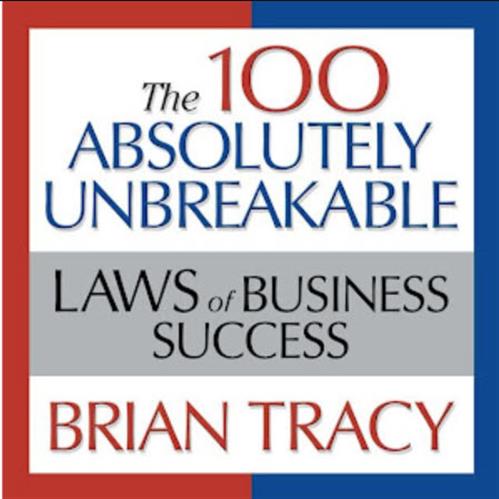
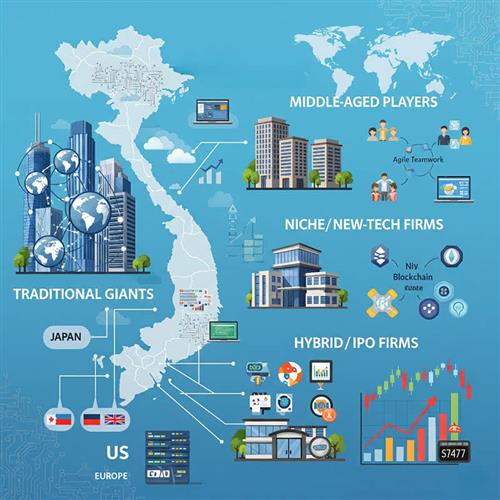
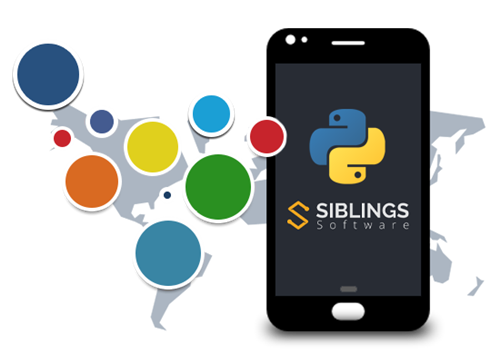


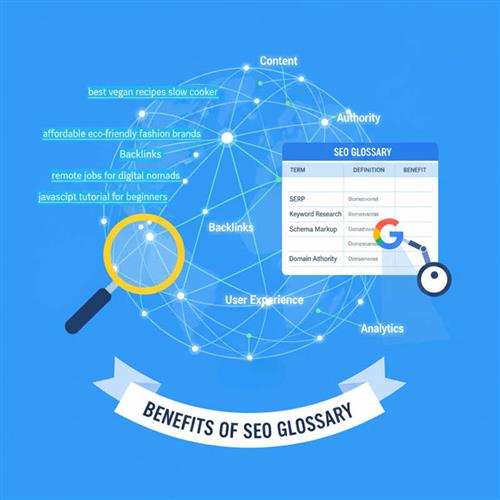
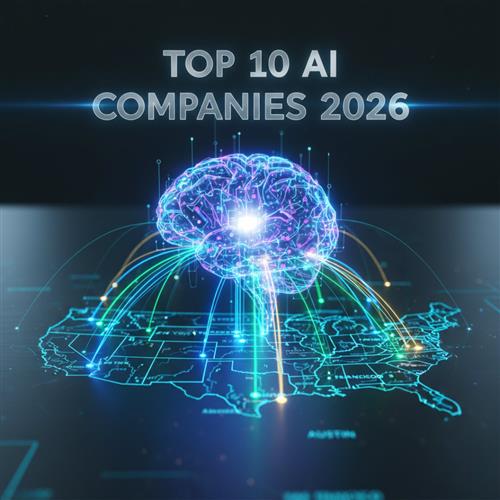
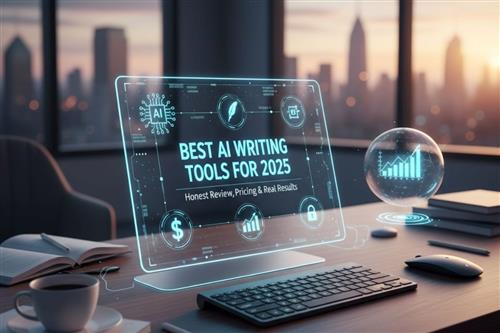
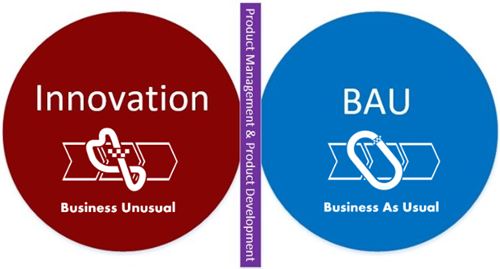


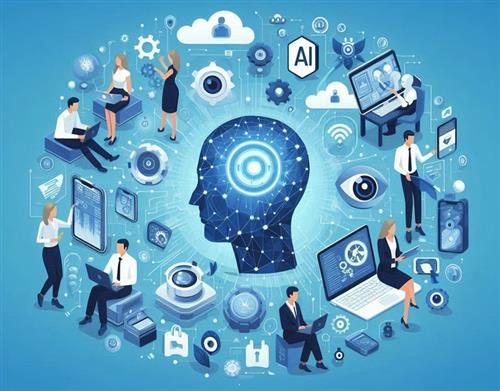



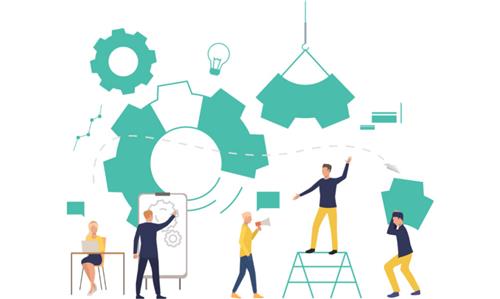

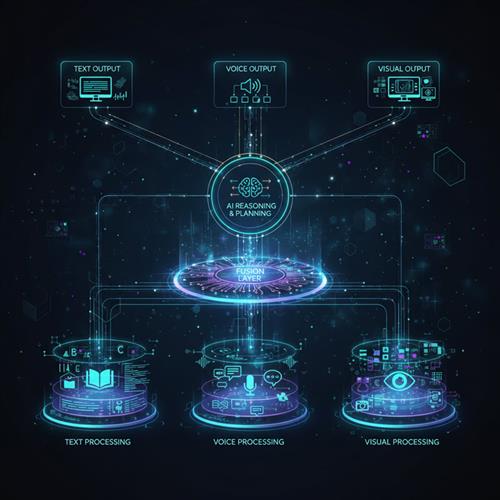
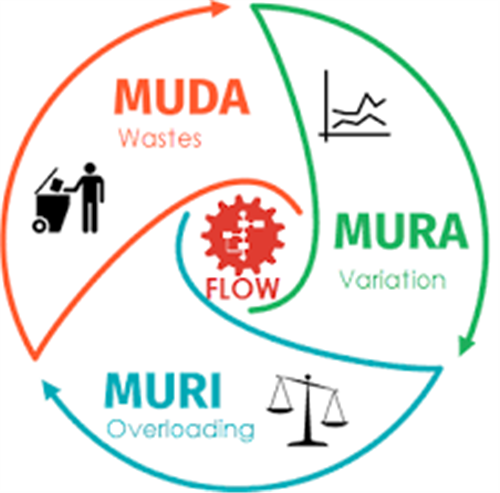









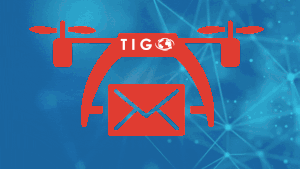
 Link copied!
Link copied!
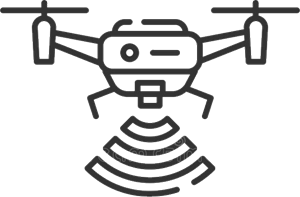 Recently Updated News
Recently Updated News